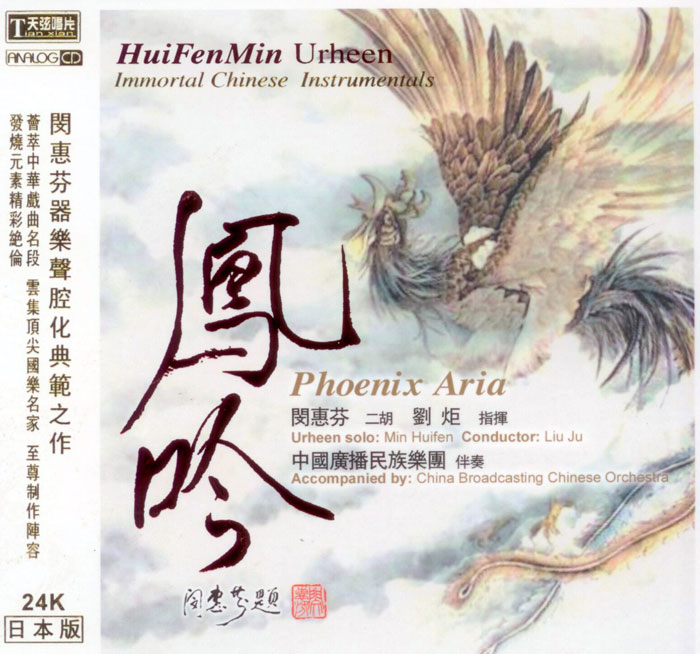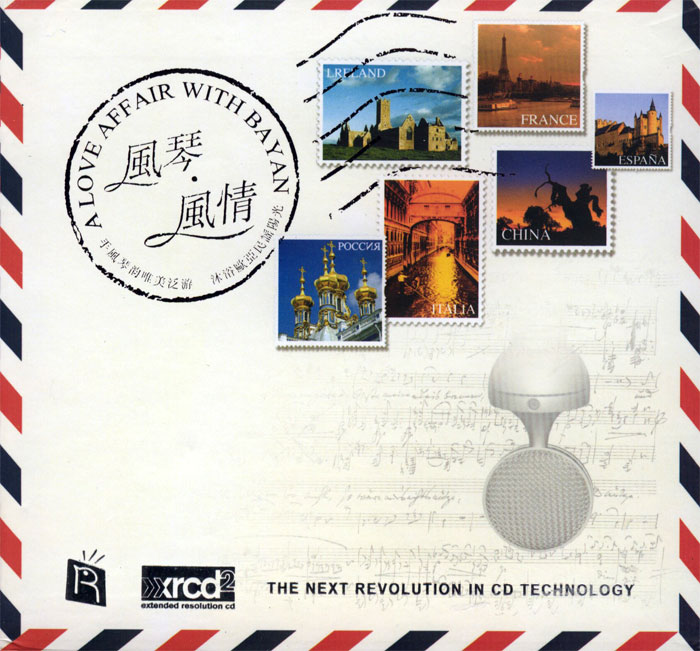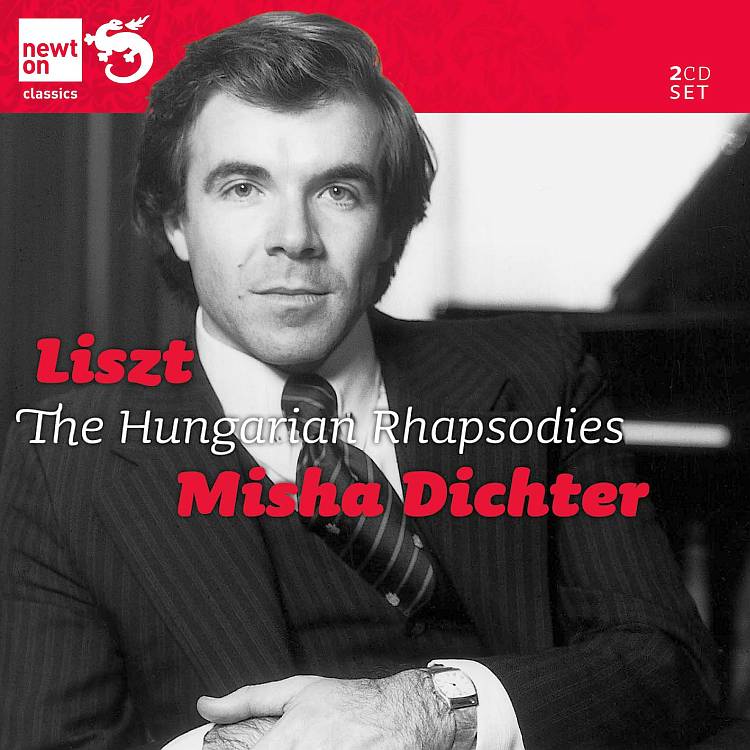Logowanie
Dlaczego wszystkjie inne nie brzmią tak jak te?
SpeakersCorner - OSTATNIE!!!!
RAVEL, DEBUSSY, Paul Paray, Detroit Symphony Orchestra
Prelude a l'Apres-midi d'un faune / Petite Suite / Valses nobles et sentimentales / Le Tombeau de Couperin
Samozapłon gwarantowany - Himalaje sztuki audiofilskiej
PROKOFIEV, Stanislaw Skrowaczewski, Minneapolis Symphony Orchestra
Romeo and Juliet
Stanisław Skrowaczewski,
✟ 22-02-2017
BARTOK, Antal Dorati, Philharmonia Hungarica
Dance Suite / Two Portraits / Two Excerpts From 'Mikrokosmos'
Samozapłon gwarantowany - Himalaje sztuki audiofilskiej
ENESCU, LISZT, Antal Dorati, The London Symphony Orchestra
Two Roumanian Rhapsodies / Hungarian Rhapsody Nos. 2 & 3
Samozapłon gwarantowany - Himalaje sztuki audiofilskiej
Winylowy niezbędnik
ClearAudio
Cartridge Alignment Gauge - uniwersalny przyrząd do ustawiania geometrii wkładki i ramienia
Jedyny na rynku, tak wszechstronny i właściwy do każdego typu gramofonu!
ClearAudio
Harmo-nicer - nie tylko mata gramofonowa
Najlepsze rozwiązania leżą tuż obok
IDEALNA MATA ANTYPOŚLIZGOWA I ANTYWIBRACYJNA.
Wzorcowe
Carmen Gomes
Celebrating the art and spirit of music - vol. 5 - Reference Songs
- CHCECIE TO WIERZCIE, CHCECIE - NIE WIERZCIE, ALE TO NIE JEST ZŁUDZENIE!!!
Petra Rosa, Eddie C.
Celebrating the art and spirit of music - vol. 3 - Pure
warm sophisticated voice...
SAMPLER - STS DIGITAL, Gregor Hamilton
Celebrating the art and spirit of music - vol. 2 - Love songs from Gregor Hamilton
...jak opanować serca bicie?...
SAMPLER - STS DIGITAL
Celebrating the art and spirit of music - vol. 1 - Leonardo Amuedo
Największy romans sopranu z głębokim basem... wiosennym
Lils Mackintosh
Celebrating the art and spirit of music - vol. 4 - A Tribute to Billie Holiday
Uczennica godna swej Mistrzyni
LISZT, Misha Dichter
19 Hungarian Rhapsodies
- CD 1
- 19 Hungarian Rhapsodies, S244/R106
- 1. No. 1 in C sharp minor - 14:19
- 2. No. 2 in C sharp minor - 08:56
- 3. No. 3 in B flat major - 05:46
- 4. No. 4 in E flat major - 04:33
- 5. No. 5 in E minor, "Heroide elegiaque" - 08:55
- 6. No. 6 in D flat major - 06:51
- 7. No. 7 in D minor - 05:37
- 8. No. 8 in F sharp minor - 06:48
- 9. No. 9 in E flat major, "Pesther Carneval" - 10:31
- CD 2
- 19 Hungarian Rhapsodies, S244/R106
- 1. No. 10 in E major, "Preludio" - 05:32
- 2. No. 11 in A minor - 05:49
- 3. No. 12 in C sharp minor - 09:05
- 4. No. 13 in A minor - 08:54
- 5. No. 14 in F minor - 11:21
- 6. No. 15 in A minor, "Rakoczy March" - 05:33
- 7. No. 16 in A minor - 05:29
- 8. No. 17 in D minor - 03:13
- 9. No. 18. in C sharp minor - 03:21
- 10. No. 19 in D minor - 10:28
- Łączny czas: 02:21:01
- Misha Dichter - piano
- LISZT
This set of pieces is barely known in extenso, perhaps not least due to the prodigious technical demands made upon the performer, but Misha Dichter himself is convinced that we gain a much deeper understanding of Liszt, keyboard genius, if we move beyond the familiar barn-storming of the Second and immerse ourselves in particular in the far-reaching harmonic implications of the last four. These were composed in 1882 and 1885, a full 30 years after the first 15 Rhapsodies were published in 1853, and naturally they show what a sea-change Liszt’s music had undergone in the period since he had been the toast of Europe, rivalled only by Paganini as a virtuoso performer and showman who routinely inspired fainting fits and the throwing of apparel that was not confined to gloves. By the 1880s he was the Abbé Liszt, a visionary ensconced in Weimar and worshipped and emulated by Wagner. There are, however, connecting threads between the earlier and later Rhapsodies; most obviously, an unbuttoned delight taken in what he believed to be genuine folk-tunes (many of which have subsequently turned out to be middle-class confections) and in his transformation of them beyond the tropes of keyboard improvisation to infuse the Rhapsodies with the spirit and even form of the verbunkos, the Hungarian dance with its diverse sections and untrammelled zest. The unique, newly commissioned booklet notes are written by Misha Dichter himself, who offers a guide to the style required for the interpretation of these works as well as a personal memoir of the pleasure he took in recording them. “This is the most technically accomplished set of the complete (Liszt) Rhapsodies that I have yet heard.” (Gramophone)

 Płyty wytwórni Newton Classics - w naszej ofercie
Płyty wytwórni Newton Classics - w naszej ofercie
























